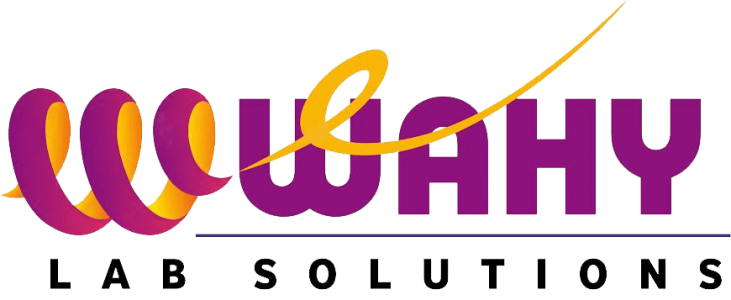
Information technology can be an successful way to make your business more productive and profitable.
Whether it’s integrating your operations, intensifying your marketing abilities, better managing receivables or improving supply chain management, the suitable technology can dramatically improve how you run your business.
While technology often requires an investment, the long-term advantages usually far outweigh the initial costs.
Here are several commonly used software to boost a business’s bottom line. We are one of the top software companies in Kochi, which provide complete business solution soft wares.
Accounting software
Accounting software can help you keep track of all your transactions, billing and general ledger.
For most businesses, basic business accounting software will probably meet your needs. If you do business in more than one nation, or if you want your accounting software integrate with functions other than accounting, then you might require more complex, higher-end systems. We develop all types of software according to client’s requirement.
Supply Chain Management / Inventory Management
Supply chain or inventory management software helps you automate your operations and track information about orders and deliveries. This helps you foresee supply and demand more accurately and ensure that your inventory can cover client orders.
Other benefits include reducing mistakes by automating transactions, speeding up deliveries to customers, reducing warehouse space requirements through better inventory control and decreasing administrative costs by bringing automated systems.
Advanced systems can integrate with your accounting and invoicing systems so that all your software use the same set of data. Wahy Lab Solutions, is a software development company in Kochi, which provide all inventory management software.
Customer Relationship Management (CRM) Software
Customer relationship management (CRM) software improves your awareness into customer needs and behavior as well as the management of your relationships with clients.
Benefits include an improved ability to foresee client’s needs based on historic trends, targeted marketing that reaches specific audiences and increased sales through better client relationships.
Human Resources Management
HR software can help you manage your personnel records, automate your payroll and benefits and help you schedule your employees. These applications can also help with enrolling and retention strategies as well as with employee development.
Enterprise Resource Planning (ERP) Software
Enterprise resource planning (ERP) system is a suite of integrated applications that allow companies to automate, manage and inspect many of its business processes.
Company activities that are typically covered by such a software include:
Accounting
Sales/Marketing/Client management
Purchasing
Production
Costing
Inventory control
Human Resources
Before you purchase an ERP software, it’s important that you create a detailed list of your requirements and purchase for the right system for your needs. You can get our help to guide your system selection process at Wahy Lab Solutions.
Enterprise social networks and collaboration platforms
Enterprise social network platforms and engagement platforms help employees engage with one another, collaborate and exchange information. This allows them to be more productive and innovative.
However, for these systems to be used and productive, company leadership need to take the lead in showing their value.
Wahy is one of the best software development company in Kochi, Kerala, which you can always depend for your any technical needs.





